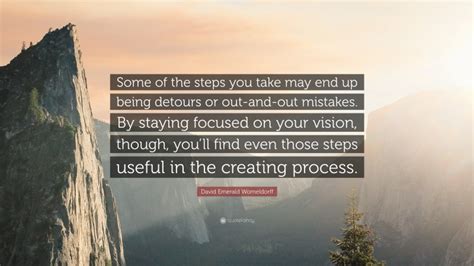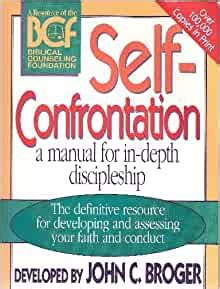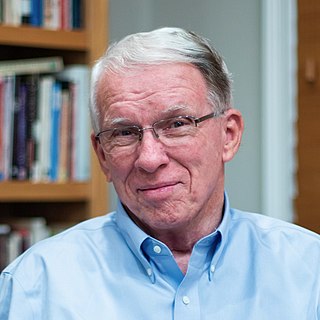A Quote by David Emerald Womeldorff
Victims may be defensive, submissive, over-accommodating to others, passive-aggressive in conflict, dependent on others for self-worth, overly sensitive, even manipulative. They're often angry, resentful, and envious, feeling unworthy or ashamed about their circumstances. Have you ever felt or acted this way?
Related Quotes
Emotional dependence is the opposite of emotional strength. It means needing to have others to survive, wanting others to "do it for us," and depending on others to give us our self-image, make our decisions, and take care of us financially. When we are emotionally dependent, we look to others for our happiness, our concept of "self," and our emotional well-being. Such vulnerability necessitates a search for and dependence on outer support for a sense of our own worth.
Selfish is an exploitation of others for self; selfless is an exploitation of self for others. Both are extrinsic. ..... Selfness. When selfness prevails, the qualities of others are sometimes used for self and the qualities of self are often extended to others. The basic and key difference is that exploitation is never the object of the outcome.
There are still many women - and their spouses and children - who view a reflected self - I'm Mrs. Smith, not Mary Smith - as psychologically healthy. Those people are not motivated to change. But it is really dangerous to live through others'. What ever your circumstances, it is not a good idea to be wholly dependent on responses from others to like, respect or love yourself. Your children will grow up and start their own families; the divorce rate has remained at 50 percent for decades.
Men who as boys felt neglected by their dads often remain distant from their children. The sins of fathers are passed on to children, often through the dynamic of self-protection. It hurts to be neglected, and it creates questions about our value to others. So to avoid feeling the sting of further rejection, we refuse to give that part of ourselves we fear might once again be received with indifference.
The act of abortion positions women at their most powerful, and that is why it is so strongly opposed by many in society. Historically viewed as and conditioned to be passive, dependent creatures, victims of biological circumstance, women often find it difficult to embrace this power over life and death. They fall prey to the assumption, the myth, that they cannot be trusted with it.
You're always feeling powerless in life. If you're in an abusive relationship or working for what we call a psychotic boss sometimes the only option is to leave because you're emotions get so entangled with these manipulative people that staying there you're just helpless because they're good at passive aggressive games and you're not, so you have to leave.
Women have always been the primary victims of war. Women lose their husbands, their fathers, their sons in combat. Women often have to flee from the only homes they have ever known. Women are often the refugees from conflict and sometimes, more frequently in today's warfare, victims. Women are often left with the responsibility, alone, of raising the children.
Indeed, the very first acknowledgment (as far as I am aware) of the attraction of mutilated bodies occurs in a founding description of mental conflict. It is a passage in The Republic, Book IV, where Plato’s Socrates describes how our reason may be overwhelmed by an unworthy desire, which drives the self to become angry with a part of its nature.
Antisthenes used to say that envious people were devoured by their own disposition, just as iron is by rust. Envy of others comes from comparing what they have with what the envious person has, rather than the envious person realising they have more than what they could have and certainly more than some others and being grateful. It is really just an inability to get a correct perspective on their lives.































